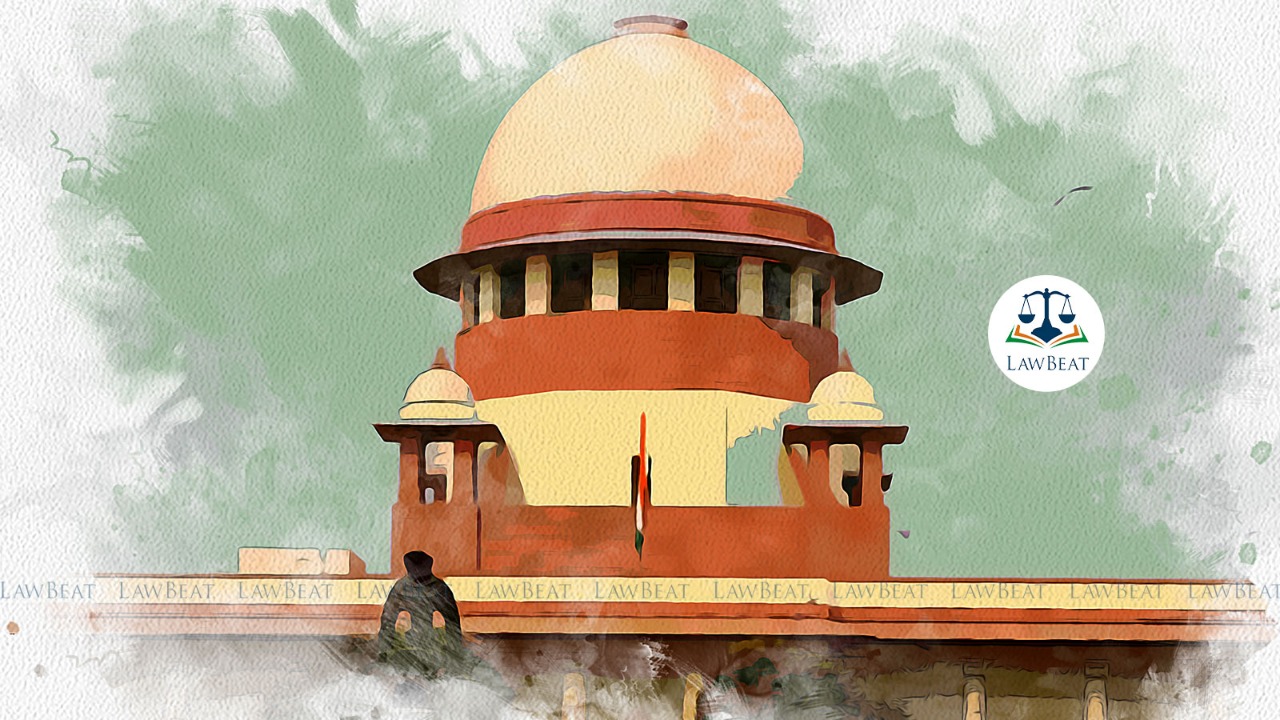Supreme Court Grants State of TN 6 weeks To File Counter Affidavit in Dayanand Saraswati & Subramanian Swamy

Where one contests appointment of non-brahmins as Archakas at the temple, while the other contests the laws in Andhra Pradesh, Tamil Nadu and Puducherry that place management of Hindu temples under the State Government.
On Tuesday, this week, a Bench of Justice Hemant Gupta and Justice Sudhanshu Dhulia, while hearing connected matters in Swami Dayanand Saraswati, and Dr. Subramanian Swamy, against the State of Tamil Nadu, passed a preemptory order giving the State, a time period of 6 weeks to file a counter affidavit.
Previously, the bench issued a notice in the plea which also challenged MK Stalin government's law allowing appointment of non-brahmins as Archakas at the temple.
The plea filed by Swamy assisted by Advocate Satya Sabharwal alleged that the government has taken over nearly 40,000 Hindu temples in the State of Tamil Nadu in utter disregard for the rights of the Hindus in the State to profess, practice, and propagate their religion.
The plea argued that the top court has time and again held that the government does not have the power to indefinitely take over Hindu temples without cause, in derogation of the Constitutional and proprietary rights of the citizens of the State of Tamil Nadu.
The plea also challenged the provisions of the Hindu Religious and Charitable Endowments Act, 1959 granting the State Government absolute control over the appointment and dismissal of Archakas (priests) in the Hindu temples of Tamil Nadu.
The plea submitted that the appointment and role of Archakas in temples do not fall within the definition of a "secular activity" and should be declared as such. It further contended that even if the same is considered to be a "secular" activity, it cannot be taken over and carried out by the Government and can only be performed by independent trustees of Hindu temples and religious institutions as per the judgment in the case of Seshammal v State of Tamil Nadu.
Additionally, the plea stated that the management and administration of temples, appointment and dismissals of Archakas are a part of the right to practice, profess and propagate religion, protected under Articles 25 and 26 of the Constitution.
It stated, "If a person who is not well-versed with the rituals, Agamas, and methods of worship governing a temple, is appointed as its archaka, it would amount to changing the religious character of the place of worship, which is ultra-vires Sections 3 and 4 of the Places of Worship Act 1991."
The plea sought a temporary injunction against the Tamil Nadu Government restraining them from appointing or dismissing Archakas for the temples and Hindu religious institutions in the state.
While, Swami Dayanand Saraswati's, a petition filed in 2012, contests laws in Andhra Pradesh, Tamil Nadu and Puducherry that place management of Hindu temples under the State Government.
